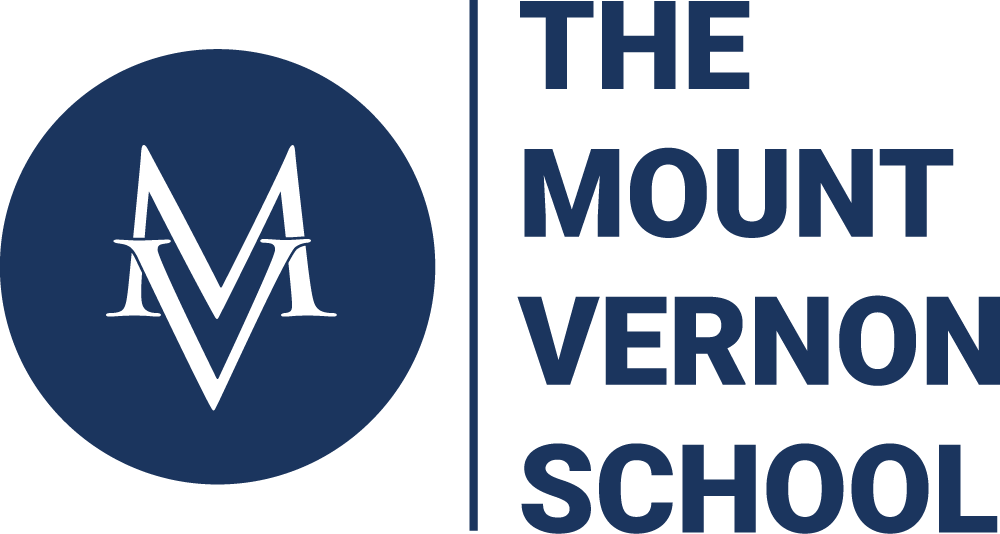Contributor: Zoe Stupek, Class of 2018
 One of my favorite classes is AP English Language and Composition, taught by Mrs. Nikki Rucker.
One of my favorite classes is AP English Language and Composition, taught by Mrs. Nikki Rucker.
When asked to discuss a human rights issue, my immediate bias went straight to women’s rights. Women make up over half of the population, yet they are belittled daily by facing wage gaps in workforce, sexual abuse, and inequality towards men. This stems so much from the brain, strongly surrounding stereotypes. We live in a world where this discrimination is severely overlooked. For example, we teach girls to always provide for men, because of the idea that they provide for so much for us. We teach girls that it is unnatural and wrong for us to excel at things men do, such as politics, math, sports, and technology. We teach girls that how we present ourselves correlates to whether or not we are “asking for it” from others. We teach girls that, “boys will be boys” to sugarcoat the heart of rape culture. We teach girls to be okay with a profound wage gap, because men obviously do tasks so much better than women can.
As I was faced with the task to make a product that portrayed women’s rights, I went through a long brainstorming session. I thought through ideas such as a photo gallery, painting, or website to show the effects of sexism. I finally came to the resolution that I should create a girl stripped of all that women are stereotyped by- body, appearance, and clothing. I wanted this product to instil in people that women should be not be defined by their bodies. This lead to me buying a skeleton, and writing well known phrases used within this human rights issue, such as, “My eyes are up here,” “Am I still asking for it,” “Make your own sandwich,” and “Are you sure I’m not strong enough?” I scattered these phrases around the skeleton, displaying that the stereotypes women face are unjust, especially when you stop objectifying women by how they look. One of my favorite phrases I placed over the skeleton’s eyes was, “Equality should be blind,” meaning that no matter who you are, what you look like, how you were raised, or who you have grown into over time should defer to inequality. I wrote these phrases in black, but had the defining words in the sentence colored in red to have them resonate more with people.
This whole process was extremely eye opening to go through, and I’m very thankful for the resources I had to stem from. Mrs. Rucker allowed me to realize how language is used to construct meaningful definitions of humanity, and how it affects the way we think about human rights issues. Mr. Kunath was a great resource to bounce ideas off of and grasp a better creative viewing of human rights. This has been one of my favorite pieces of work this year.






